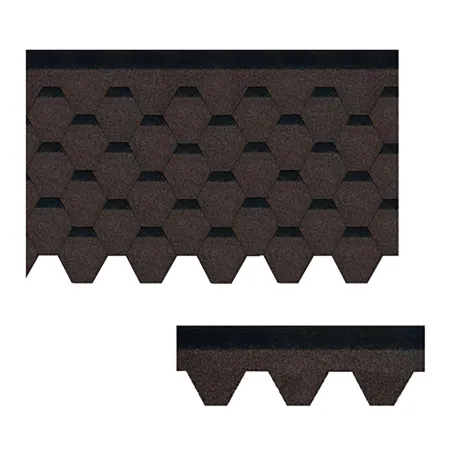
Gus . 10, 2024 05:25 Back to list
Comprehensive Guide to Installing Asphalt Roll Roofing for Durable and Weather-Resistant Protection
A Comprehensive Guide to Asphalt Roll Roofing Installation
Asphalt roll roofing is a popular and cost-effective option for covering flat or low-sloped roofs. It is known for its ease of installation, durability, and versatility. If you're considering a DIY project or simply want to understand the installation process, this guide will walk you through the essential steps for installing asphalt roll roofing.
Materials Needed
Before you begin, gather the necessary materials and tools
- Asphalt roll roofing - Roofing nails - Roofing cement or adhesive - Seam tape (if applicable) - Utility knife - Measuring tape - Chalk line - Ladder - Safety gear (gloves, goggles)
Step 1 Prepare the Roof Surface
The first step in the installation process is to ensure that the roof surface is clean, dry, and smooth. Remove any old roofing material, debris, or dirt. If the surface has holes or cracks, repair them with a suitable patching compound to ensure a solid base for the new roofing material.
Step 2 Measure and Cut the Rolls
Measure the length and width of your roof to determine how much asphalt roll roofing you’ll need. The rolls typically come in widths of 3 feet and lengths of 36 feet, covering about 100 square feet. Cut the rolls to the required length using a utility knife. It’s advisable to cut a few inches longer than necessary, as this allows for adjustments during installation.
Step 3 Install the Underlayment
Before applying the asphalt roll roofing, it's recommended to lay down an underlayment, especially if your roof is prone to moisture. This could be a felt paper or a synthetic underlayment that adds a barrier against water infiltration. Secure the underlayment with roofing nails, ensuring that each strip overlaps the previous one by at least 2 inches.
asphalt roll roofing installation

Step 4 Install the First Roll
Start the installation at the lowest part of the roof. Unroll the first piece of asphalt roofing and place it onto the underlayment. Align it so that it hangs over the edge slightly but does not extend beyond the drip edge. Secure the roll with roofing nails, placing them about 12 inches apart along the top edge and 6 inches apart along the sides.
Step 5 Overlap Additional Rolls
For the subsequent rolls, unroll them so that they overlap the previous roll by at least 6 inches. This overlap is essential for preventing water from seeping through the seams. Secure each roll as before, with nails and roofing cement at the seams to ensure a weather-tight seal.
Step 6 Seal the Edges and Seams
After all the rolls are installed, apply roofing cement along the edges and seams to provide additional waterproofing. Use a putty knife to spread the cement evenly, ensuring that no gaps are left exposed.
Step 7 Inspect and Clean Up
Once installation is complete, perform a thorough inspection of the roof. Check for any loose nails, uncovered seams, or areas that might require additional sealant. After doing this, clean up any debris and tools from the roof.
Conclusion
Installing asphalt roll roofing can be a fulfilling and cost-effective project for homeowners looking to improve their property's exterior. While the process is straightforward, always prioritize safety and ensure that you have the right materials to achieve the best results. With a well-executed installation, your asphalt roofing should provide reliable protection and enhance the aesthetic appeal of your home for many years to come.
-
Premium Round Asphalt Shingles: Durable & Elegant Roofing
NewsAug.01,2025
-
Eco-Friendly Clay Tiles | AI-Enhanced Durability
NewsJul.31,2025
-
Durable Shingle Granules for Premium Roofs
NewsJul.31,2025
-
Stone Coated Metal Roof Tile-Roman Tile for Durable Roofing Solutions
NewsJul.30,2025
-
Stone Coated Metal Roof Tile-Wood Grain Tile for Durable Roofing
NewsJul.30,2025
-
Stone Coated Metal Roof Tile-Nosen Tile: Durable, Stylish Roofing Solution
NewsJul.29,2025







